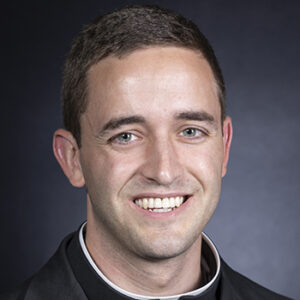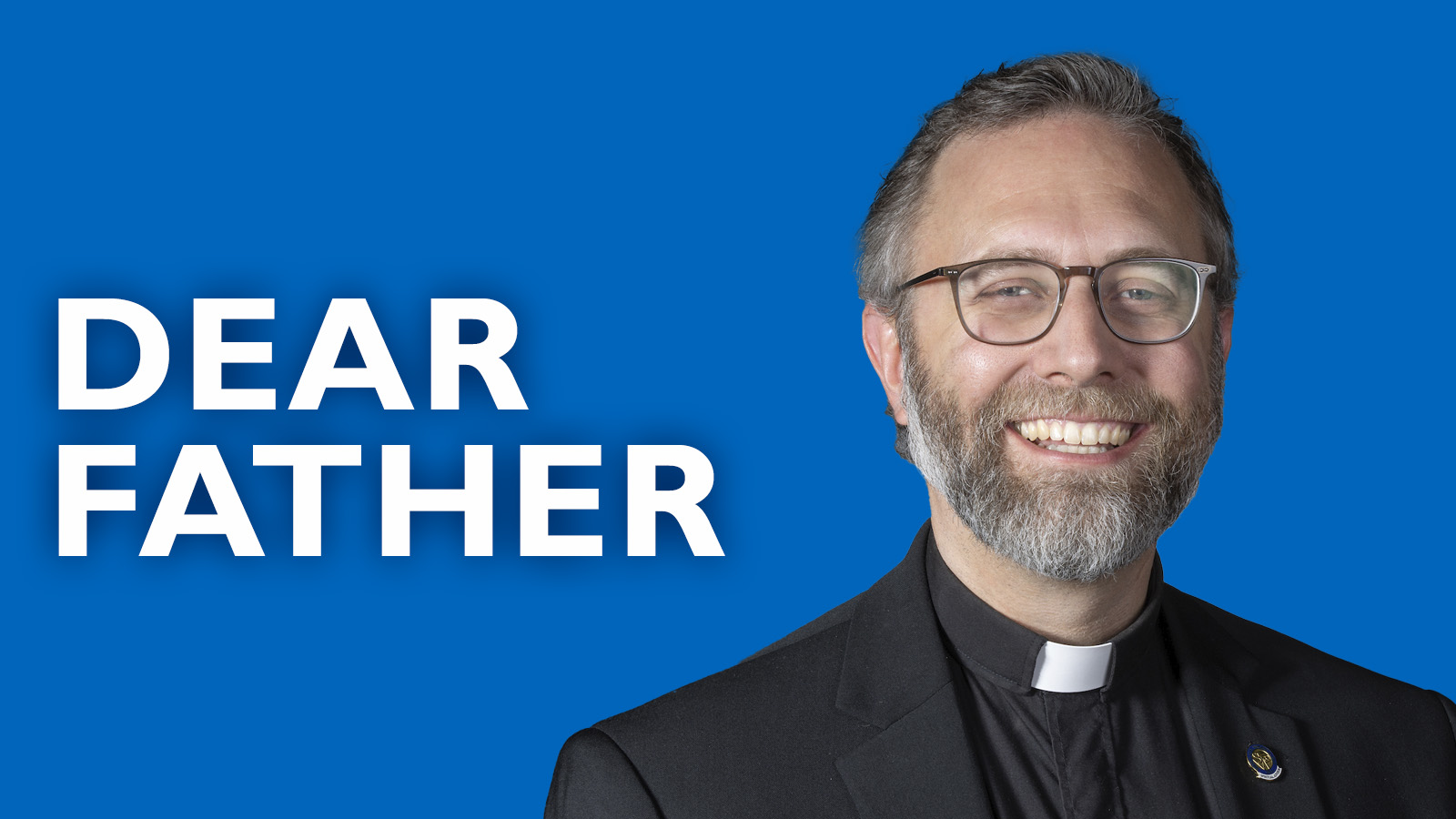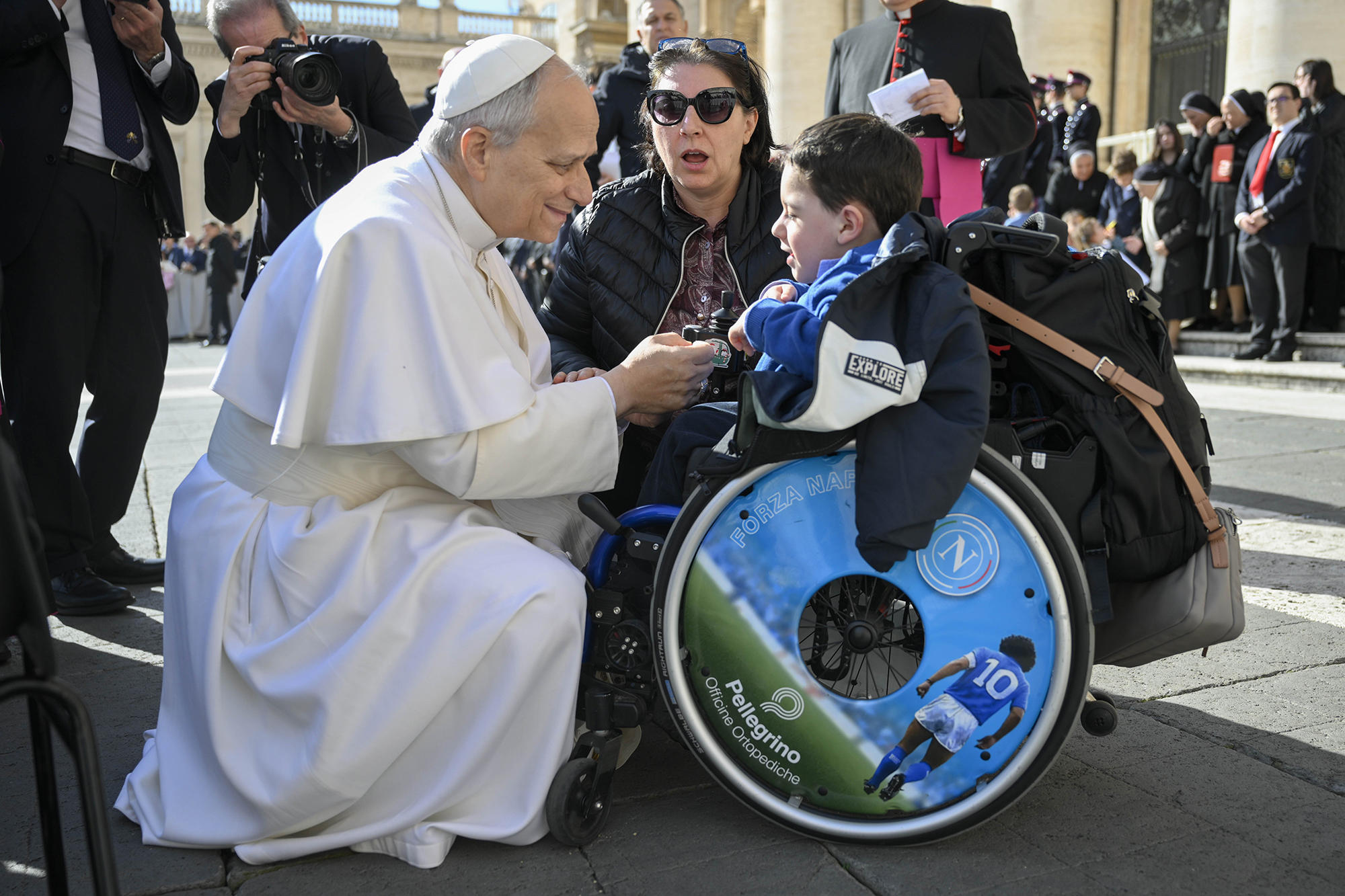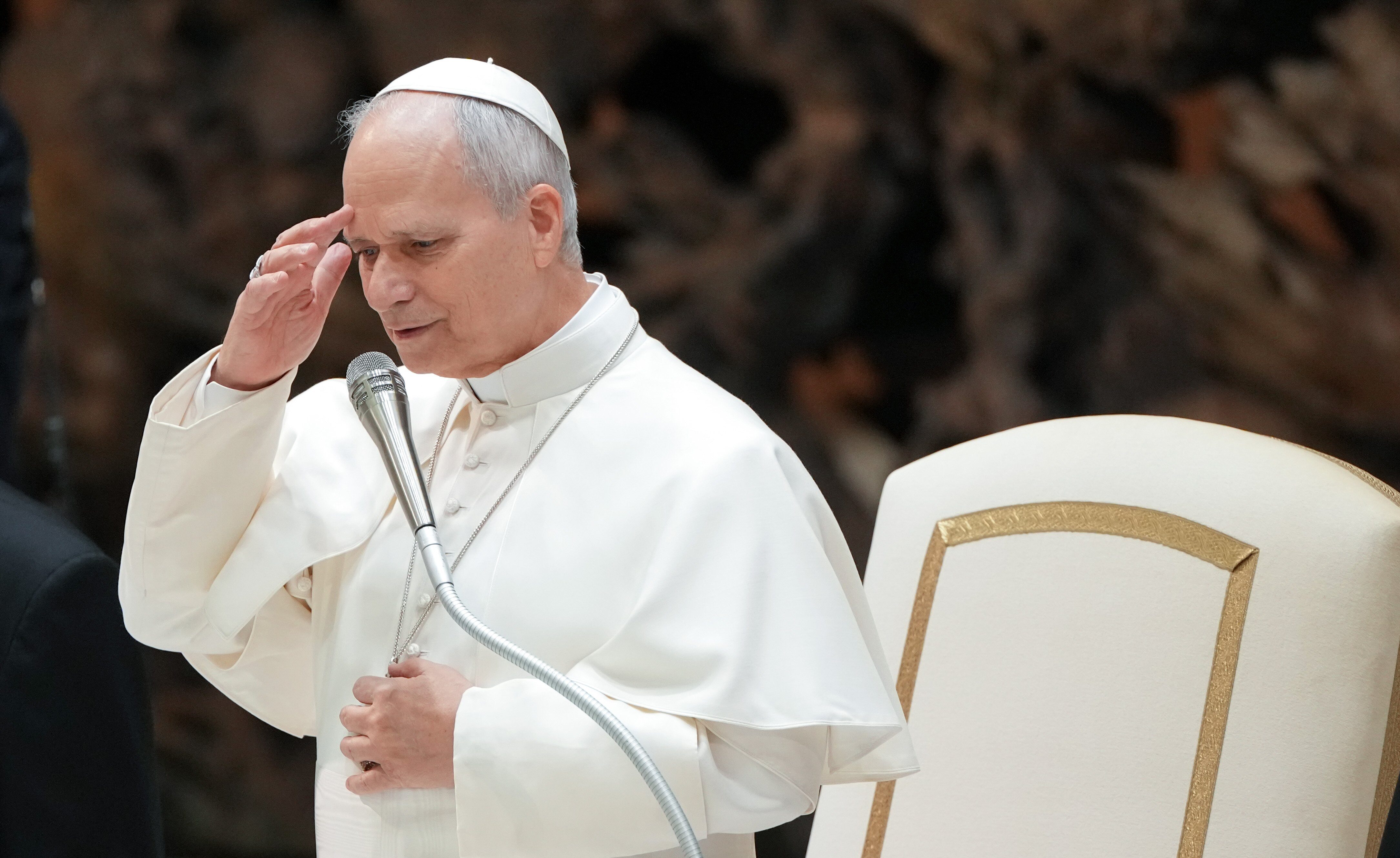DEAR FATHER | ‘Rerum Novarum’ expresses a coherent understanding of society, rights and obligations
How can I learn more about the Catholic perspective on society?

The world was rapidly changing by the end of the 19th century. By 1870, the Papal States (territories in central Italy over which the pope had sovereignty) were overcome by nationalizing movements happening in the region. The papacy had lost nearly all temporal power as Italy became a unified country. Meanwhile, secular, totalitarian forms of government were ascending to power in historically Christian nations, and the unbridled pursuit of wealth was promoted in other western countries.
In a time of upheaval, Christians began questioning how to view the political realm through their individual engagement. But a more important question was also posed: What is the ideal society we are working toward?
Like a sunburst in the dark clouds of confusion and mayhem, Pope St. Leo XIII prophetically foresaw the need for the Catholic Church to express a coherent understanding of society, rights and obligations. His visionary encyclical, “Rerum Novarum,” set the foundation for modern Catholic social teaching.
Political division among Catholics in our country exists because we either have not read the pope’s words or accepted his guidance. While I recommend reading the entire text, here are some key points to give you an idea:
• Each person born into the world belongs to three societies: the family, polity (government) and the Church (religious practice). Membership in each entails certain rights and obligations. A daughter must be obedient to her parents and provide for them in their elder years. A husband must love and care for his wife and children. A citizen must pay taxes, vote and engage in the civic society to support the common good of all. And a Christian must love God above all things and follow the commandments of Jesus Christ.
• Society, therefore, does not amount to a social contract (as certain laissez-faire political philosophies claim), nor can the state claim absolute authority over the familial and religious lives of the citizens (as communist regimes have often done). The “common good” is defined by the fundamental dignity of each human life and the freedom of each person to foster this good according to his or her state-in-life. Attacks on life and family represent the gravest threat to the good of society as a whole.
• There also is a right relationship between the three societies: the polity must safeguard and support healthy family life and free religious practice; the Church forms the consciences of citizens in understanding the common good; and the family nourishes the faith and civic responsibility of children. Altogether, these three societies build the foundation for a vibrant culture that respects individual freedom yet nourishes the authentic good according to revelation imparted by God.
Father Charlie Archer is associate pastor of St. Peter Parish in Kirkwood.





